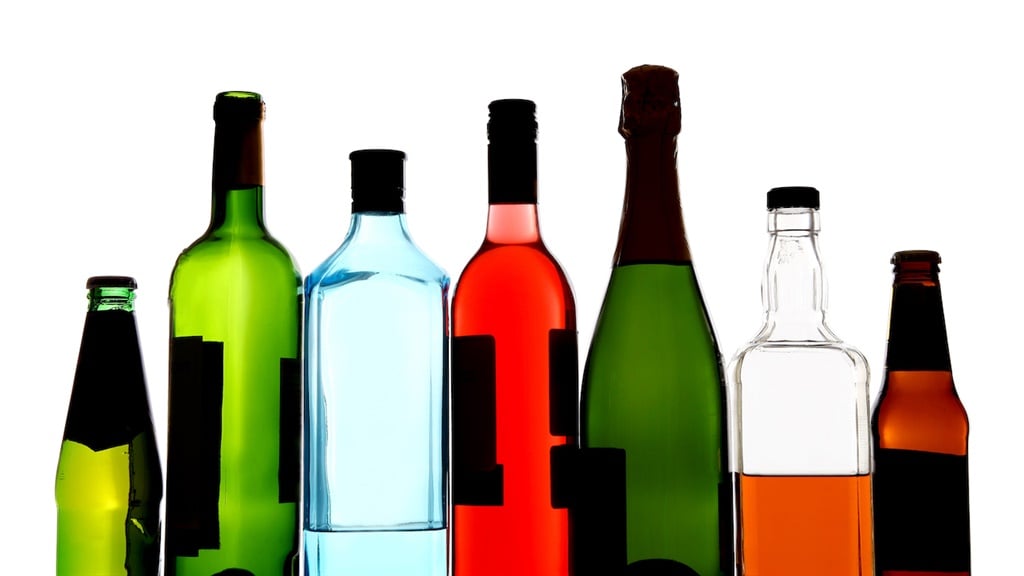
- Distell has called for government and the liquor industry to work together towards lifting the alcohol sales ban.
- This follows a revelation by SARS commissioner Edward Kieswetter that SA lost more in revenue in the first 3.5 months of its fiscal year than it borrowed from the IMF and the AfDB.
- Distell says there are alternatives to an outright ban.
Brewing and beverage group Distell has slammed the ongoing ban on alcohol sales, saying the damage is "immense" and that the damage outweighs the benefits.
The ban punishes "licenced, compliant" traders while allowing a thriving illicit market, it added in a statement issued on Monday morning.
Distell's statement comes on the back of a revelation on Friday by South African Revenue Service commissioner Edward Kieswetter that South Africa lost more in tax revenue in the first three-and-half months of its fiscal year than it borrowed from the International Monetary Fund and the African Development Bank (AfDB) combined.
According to a report by Bloomberg, the lockdown, which initially shuttered almost all economic activity, led the loss of some R82 billion for the fiscal year up to July 15, Kieswetter said.
"Industry figures show the tax loss from the first six-week ban on alcohol sales alone came to R15.4 billion, and if the current ban remains in place for nine weeks, an additional R13 billion will be lost to the fiscus," said Distell.
Distell CEO Richard Rushton said:
He added: "The alcohol industry has already lost 118 000 jobs and projections show that a nine-week ban now will cost another 84 000 livelihoods and R15.5 billion in GDP."
Distell further argued that the alcohol industry supports thousands of township SMEs, with each tavern owner supporting several people.
"The irony is that the ban punishes licensed, compliant tavern owners while the illicit market thrives, undoing a decade-long drive to formalise the sector and bring it into the regulatory fold," the statement said.
Rushton said the liquor industry was willing to work with government towards a solution.
"We understand the government’s duty to ensure there are enough hospital beds to meet the expected need during the peak of the pandemic," he said. "But the economic consequences of a ban are likely to cause more suffering down the line, in terms of hunger and hardship, than it can possibly prevent now.
"There are alternatives to an outright ban which we’d like to discuss with the government so we can save lives and livelihoods – it doesn’t have to be one or the other."
Compiled by Marelise van der Merwe